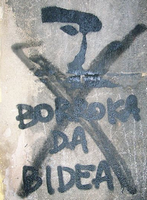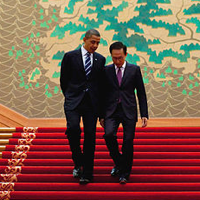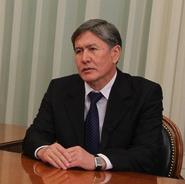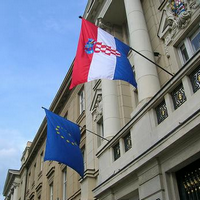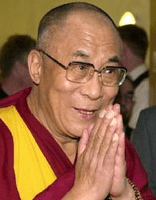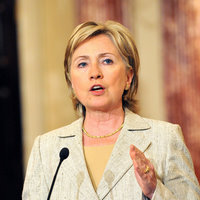
According to the United Nations, today marks the birth of the world’s 7 billionth person, an event sure to cause great angst among the many surviving Malthusians who still believe that humanity’s ingenuity and the planet’s resources are both finite. But thanks to globalization’s continued advance and the modernization it enables, roughly four-fifths of humans live in societies with falling birth rates and half live in societies featuring lower than replacement-rate fertility. So we now know that the trajectory of global population growth will proceed somewhat more slowly toward our eighth and ninth billions, and that we may never reach […]

